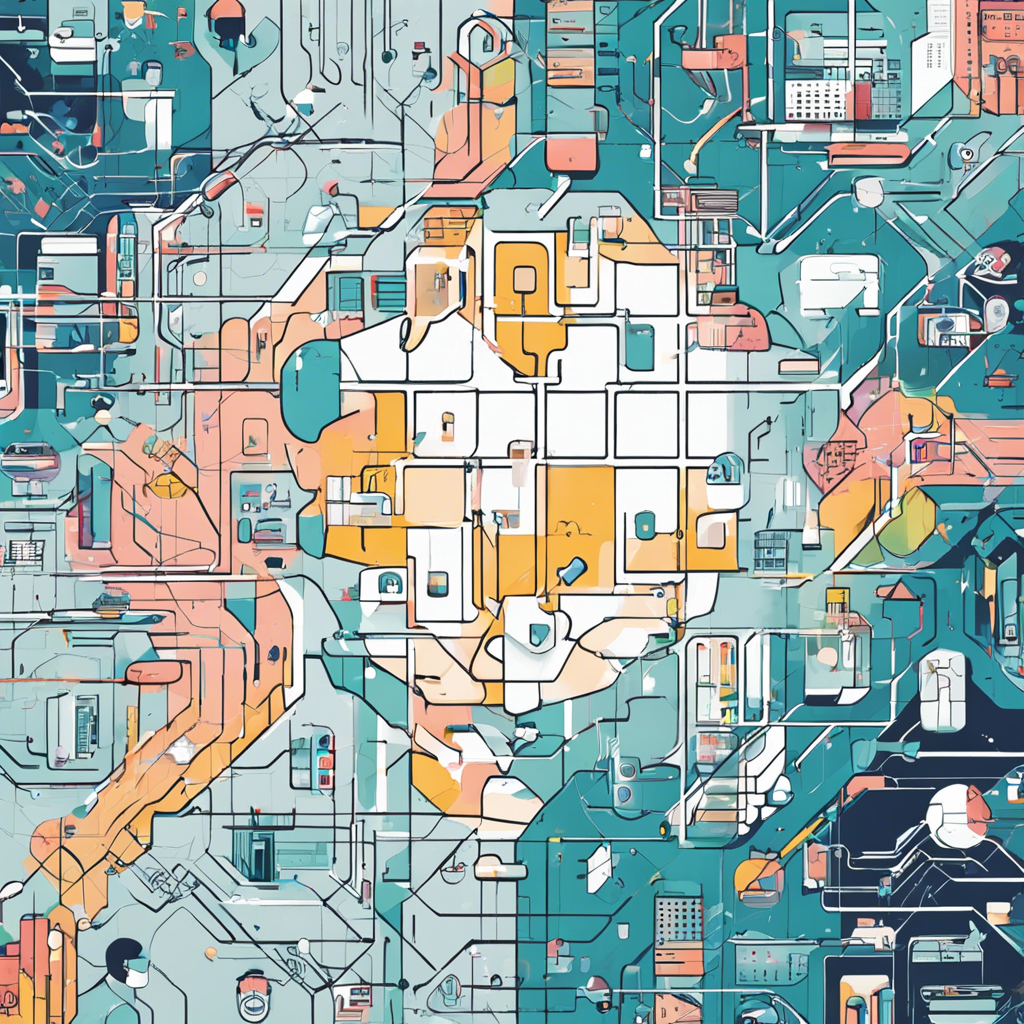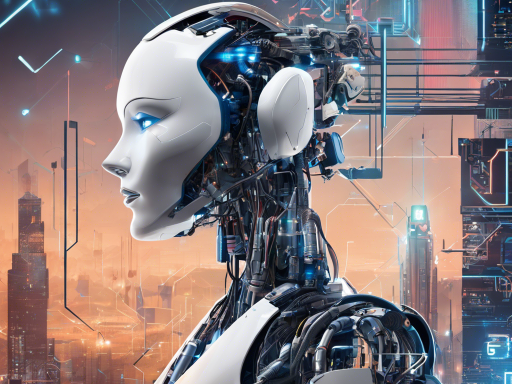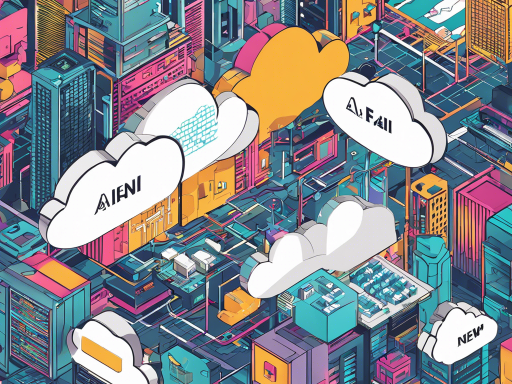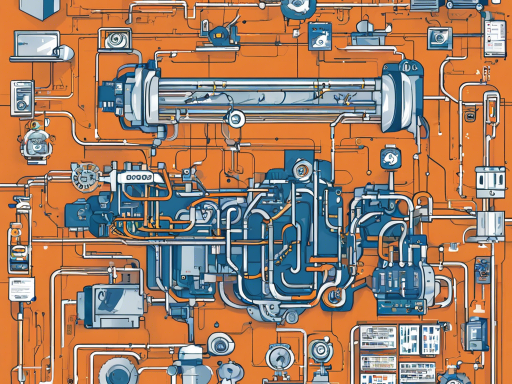The healthcare industry is on the cusp of a transformative revolution, thanks to the burgeoning field of artificial intelligence (AI). AI, once confined to science fiction, is now a tangible reality, and its potential to reshape healthcare is both exciting and profound. From improving patient outcomes to streamlining administrative tasks, AI is set to leave an indelible mark on this vital sector. As technological advancements continue to accelerate, healthcare professionals and patients alike are eagerly anticipating the innovations that will emerge at the intersection of AI and medicine.
AI’s role in healthcare is multifaceted. One of its most promising applications is in diagnostics. AI-powered systems can analyze medical images, such as X-rays and MRIs, with precision and speed that surpasses human capabilities. This technology can detect subtle signs of diseases like cancer and heart conditions, often at an earlier stage, increasing the chances of successful treatment. Imagine a world where AI algorithms assist radiologists in identifying anomalies, reducing the time between diagnosis and treatment, and ultimately saving lives. This shift towards AI-augmented diagnostics is not about replacing human expertise but rather enhancing it, ensuring that no critical detail goes unnoticed.
Another area of significant impact is personalized medicine. AI algorithms can scrutinize a patient’s medical history, genetic data, and lifestyle factors to tailor treatment plans uniquely suited to the individual. This level of customization promises more effective therapies and better management of chronic conditions. For instance, AI-driven apps can provide personalized nutrition and exercise recommendations, helping patients manage their health proactively. Moreover, AI is adept at analyzing large-scale data, identifying patterns, and predicting health trends, which can lead to more targeted interventions and improved public health strategies.
Additionally, AI has the potential to revolutionize drug discovery and development. Traditional methods of identifying new treatments are time-consuming and costly. AI, however, can expedite the process by predicting how certain compounds interact with biological systems, screening potential drug candidates, and even suggesting new molecular structures. This not only accelerates the development of new medications but also reduces the costs associated with research and development.
The benefits of AI integration in healthcare extend beyond direct patient care. It can optimize administrative processes, reducing errors and overhead costs. From automating appointment scheduling to streamlining insurance paperwork, AI ensures that healthcare providers can dedicate more time to patient care rather than administrative tasks. As AI continues to evolve, its role in healthcare will become increasingly sophisticated, raising ethical considerations that require careful navigation.
However, with great power comes great responsibility. As we embrace AI in healthcare, ethical considerations come to the forefront. Privacy and data security are paramount, and robust measures must be in place to protect patient information. Ensuring transparency and accountability in AI algorithms is essential to maintaining public trust. As we move forward, striking a balance between innovation and ethical practice will be crucial.
The future of AI in healthcare is bright, but it is a journey that must be navigated with care and foresight. The potential benefits are vast, and as technology advances, so too must our understanding of its ethical implications. The healthcare industry is poised for a quantum leap, and AI is set to be a driving force in this exciting transformation. Stay tuned, as the story of AI and healthcare is just beginning to unfold!




